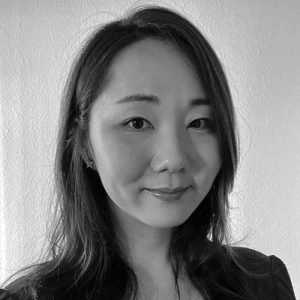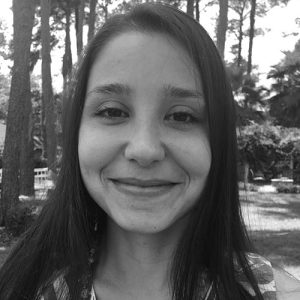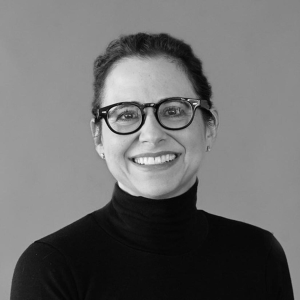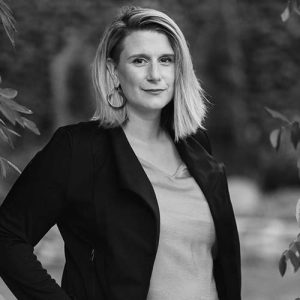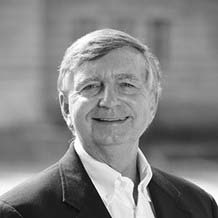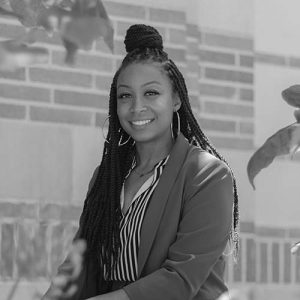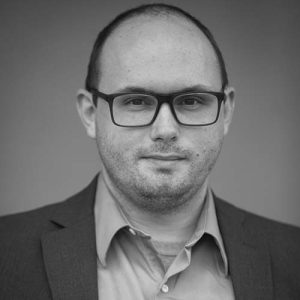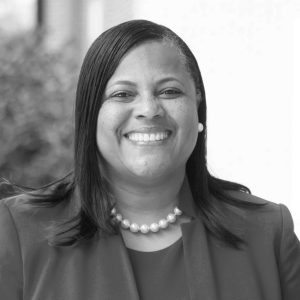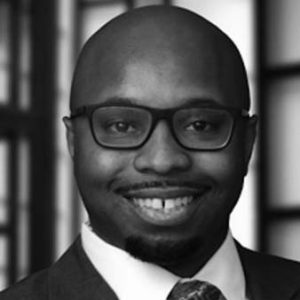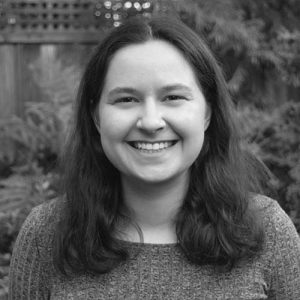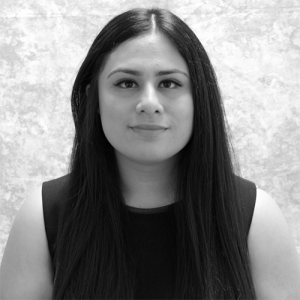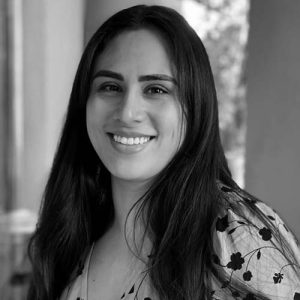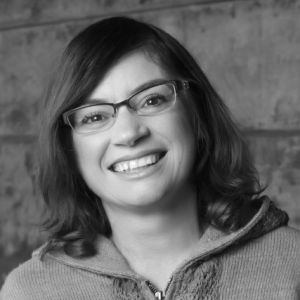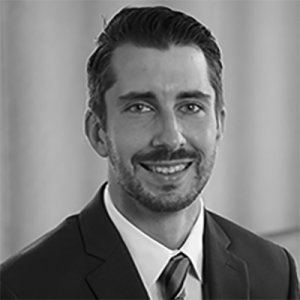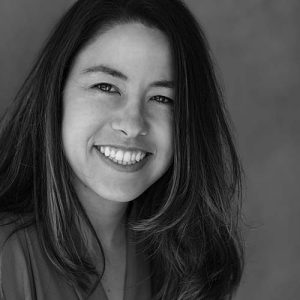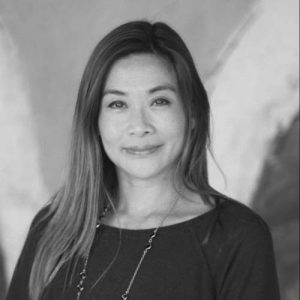Background and Purpose
We are working to continuously expand research and analysis to support providers, policymakers, and young people themselves in advancing outcomes for transition age youth. Partners, including individuals with lived expertise, communities disproportionately impacted by structural inequities, providers with unique youth connections, and state and county youth-serving agencies, are key to making the research relevant and successful.
In 2023 we selected these researcher grantees – research teams who have demonstrated a commitment to enhancing knowledge about TAY. Their work is generously supported by our partners: the Conrad N. Hilton Foundation and Tipping Point Community granted subawards to conduct this research and the Walter S. Johnson Foundation supported the 2024 Transition-Age Youth Research & Evaluation Hub Convening. We invite you to learn more about the findings from these teams. A summary of all completed projects is available here.
In January 2025 we announced a second round of subawards and requested letters of interest for applied research aimed at enhancing policies and practices for young people living in or transitioning out of foster care. Subawards will be announced in summer 2025.
The 2024 Grantees and Research
Eunhye Ahn
PhD, MSW, Washington University in St. Louis
Julia Arroyo
PhD, College of Charleston
Sandra Black
PhD, Columbia University
Kristen Ethier
PhD, MSW, Simmons University
Todd M. Franke
PhD, MSW, University of California, Los Angeles
Justin Harty
PhD, MSW, Arizona State University
Brianna Harvey
PhD, MSW, CSU, Fullerton
John Paul Horn
PhD, MSW, CSU, East Bay
Sebrena Jackson
PhD, LICSW, University of Alabama
Cornelle A. Jenkins
JD, MBA, Catalyst Center Learning Hub
Dominique Mikell Montgomery
PhD, AM, University of Nevada, Reno
Kate Musen
Columbia University
Lucero Noyola
MSW, University of California, Los Angeles
Carmen Noyola
MUP, University of California, Los Angeles
Toni Naccarato
PhD, MSW, CSU, East Bay
Nathanael Okpych
PhD, MSW, University of Connecticut
Lindsey Palmer
PhD, LCSW, University of Utah
Sunggeun (Ethan) Park
PhD, MBA, MSW, University of Michigan
Selena Liu Raphael
Catalyst Center Learning Hub
Evelyn Karina Rodriguez
Affiliated Researcher
Seedless: A Study on the Higher Education Experiences of Youth Impacted by Foster Care with (Dis)abilities
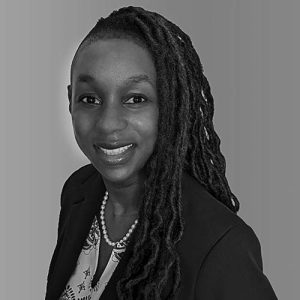
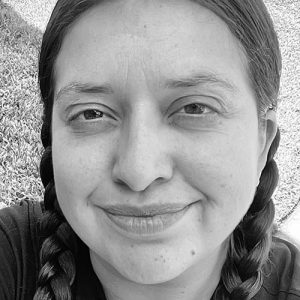
What brought you to this research?
EKR: I became interested in whose knowledge is valued. We talk about “lived experiences” but often it’s patronizing or seen as biased, or just not as important as the knowledge of someone like Dominique, who has a degree and is an expert. This isn’t the case with Dominique but in my community, we talk about people being experts ON us. It’s not a compliment.
DMM: Like Evelyn said, it’s very interesting for me to look into how we can design studies to bring in this knowledge that’s not traditionally valued. And we start that at the beginning – everything here is co-led by Evelyn and me.
How does having an academic and an impacted community member co-leading this project change it?
DMM: Everything is different. Normally, you start a research project by evaluating what’s in the field by doing a literature review, and then you try to plug a gap. We started this project differently. We decided that Evelyn should identify needs they saw in their community, and only then did we check to see if the topic had been well covered in the literature (it hadn’t.)
EKR: Instead of hiring a bunch of grad students to be research assistants, we decided to hire community members who will have that kind of knowledge that allows them to understand the important cultural nuances that we wanted to get at with our study.
What do you hope changes as a result of your research?
EKR: Of course I want people to better understand the topic, but I really want people to wake up to the idea that when researching people, you have to know and respect and honor them. Our expertise is valuable and should be included whenever we’re studied.
DMM: As researchers, we should push ourselves to not just pay lip service to the importance of lived experiences but to fold them into every bit of our work. It’s hard, but it’s critical – not just for reasons of justice, but because it makes the work better. TAY-Hub was one of the few funders who would step up for this kind of work; I hope that more funders follow their lead.
Grantee Interview: Ethan and Justin
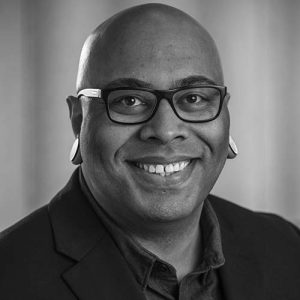
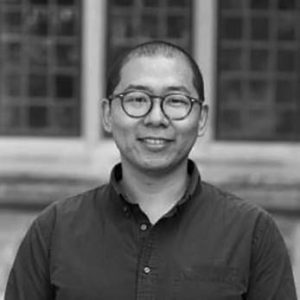
Ethan and Justin are Co-Investigators on two TAY-Hub supported projects:
County-level Variations in Transition-age Youth’s Utilization of Independent Living Programs, and Expectant and Parenting Youth in Foster Care
What brought you to this research?
Justin: I was involved in the child welfare system myself as a young person, and that drove a desire to get my MSW and become a caseworker in Chicago. I found that there was not enough focus on transition-aged youth, and even less focus on parents or expecting parents in that group. I felt like I was always putting on band-aids in my practice and not making long-lasting change, so I went to do my PhD with a focus on this population and never looked back.
Ethan: I wouldn’t call myself a child welfare scholar; I study systems and organizations to understand how they work. I did my undergrad in Computer Science and Electrical Engineering, so I’m comfortable working with big data sets. When I met with Mark Courtney (then of CalYOUTH, now the lead at TAY-Hub) and saw all the caseworker-level and county-level data that was being collected but not analyzed I started to become interested in the child welfare system.
How do you manage to work together coming from such different perspectives?
Justin: Think about what we call corporate parenting – when a child is removed from their family and the state has to step in as the parent. That comes with a lot of obligations for the state, and I’m interested in how they’re doing, are the different parts of the state aligning to help the young person. With TAY, there’s an additional responsibility to prepare for adulthood. I understand intimately how that works because of my research and lived experience, but Ethan is able to help me look at the child welfare system as a system.
Ethan: It’s all about bringing different skills and perspectives to the work. Like Justin said, I’m interested in looking at the whole system, doing population analysis, survey analysis, etc. But looking at the quantitative data really is incomplete because you need someone like Justin with the lived and practical experience of the system to validate or challenge the analysis. It doesn’t always work, but when it does, it’s beautiful.
Justin: It really is, and the thing that Ethan can help provide is context. So let’s say we have some finding that makes logical sense to me, and the data seem to back it up – but bringing in additional context (for example, housing prices in an area with high youth homelessness) can really change the way we see the world.
What do you hope to influence with your work?
Ethan: This is a place where TAY-Hub is so useful. In somewhere like California where you have dozens of different county agencies all collecting data, trying to do new things, but unsure of where to focus, TAY-Hub gives them a place to bring the research and practice together in a way that’s useful.
Justin: It’s all about making the research usable for the practitioners. Academic research sits behind paywalls and often isn’t geared towards the people on the ground doing the work, so working with TAY-Hub to turn that research into action is critical.



